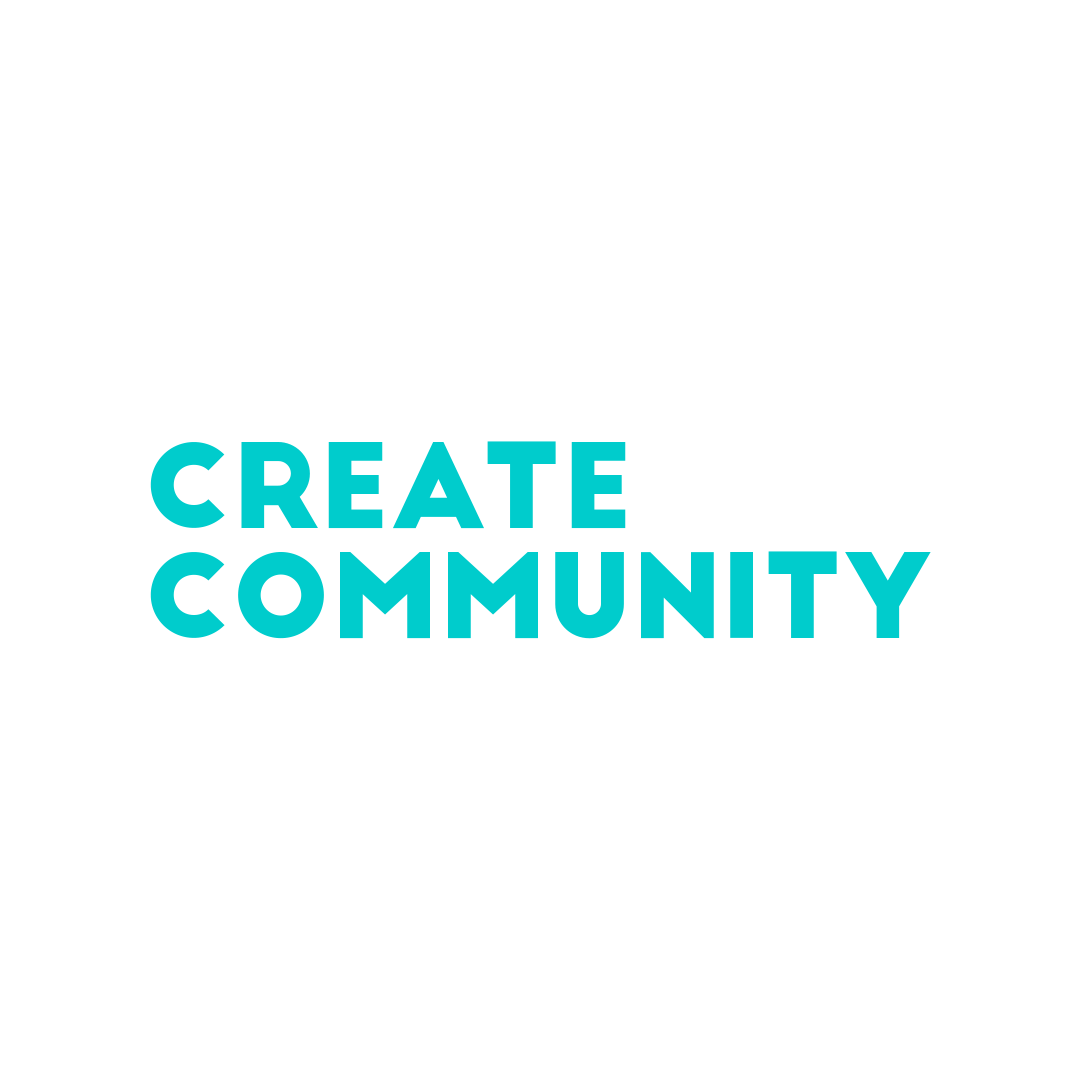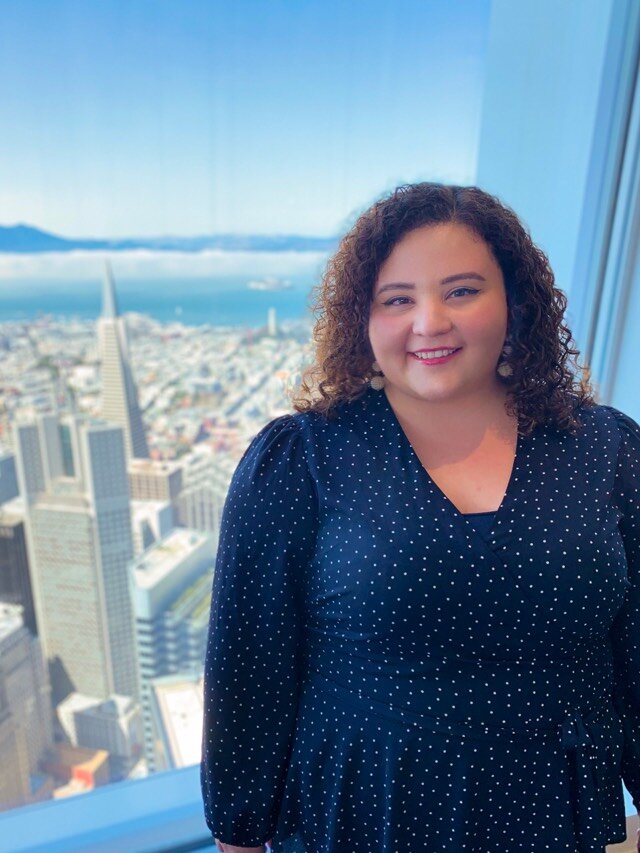Ash Kumar: Growth Lead, VanHack
Create Community in Quarantine with Ash Kumar
Ash Kumar is the Growth Lead at VanHack, a company that helps employers hire with ease from a community of 200,000+ highly-qualified tech professionals from 100+ countries. VanHack is the largest community of its kind in the world.
As someone who’s already been working remotely for 2.5 years, Ash has some great tips on staying connected and productive during this time. He also shares how he’s maintaining his personal sense of community and connection during these times of social distancing.
“There's a popular belief in the remote community, that when you become remote first, your work and your life start to blend into one. Some people can resist that.”
-Ash Kumar
Listen to the episode:
Apple | Spotify | Google | Stitcher
(Tune in at the 13:32 mark for Ash)
Connect with Ash:
Learn more about VanHack:
A huge thank you to Origins Media Haus for producing this podcast. You can find them at:
Website | Linkedin | Instagram | Twitter
Connect with Marsha:
LinkedIn | Instagram | Twitter | Website
Transcript:
Marsha Druker 13:48
Hi Ash, thank you so much for joining me today. I'm super excited to chat with you.
Ash Kumar 13:52
Happy to join you, Marsha. Thanks for having me.
Marsha Druker 13:54
To kick things off, can you tell me a little bit about yourself? Introduce who you and are where you are in the world. And what you're up to these days.
Ash Kumar 14:01
For sure. My name is Ash, I work for a company called VanHack. We're based out of Vancouver and we help companies hire software engineers remotely and then in person once all this COVID-19 stuff is done.
I've been remote for two and a half years. So a lot of people are moving remote but I've been this way for a long time now. I work in sales and so it's always a conflict between my personality and where we are today, which is remote first,
Marsha Druker 14:27
What are some of your top tips for working remotely? I think most of us have been at it for close to a month now. How do you keep motivation up? Even though right now is obviously a crazy time...It's not like you're simply working from home. You're at home during a pandemic trying to do work. So I'm curious, with that in mind, what are some of the tactics that have worked through over the years and are helping you now?
Ash Kumar 14:47
It's funny because every call you start with a client now is just, "Can you believe this?" It's just such a weird thing and everyone is feeling that way. So the feeling is everywhere. Everyone feels the same, and that no one can believe where we are or we're going through. So if people are feeling that way, that's normal. And that can take away your motivation, right?
When you're remote, you don't depend on external sources for motivation. Because when you're in a workplace, you've got your colleague sitting next to you, your boss comes and says, "Hey, have you done that proposal?" You know, these things, they motivate you.
Some people may disagree with what I'm going to say. So, there's a popular belief in the remote community, that when you become remote first, your work and your life starts to blend into one. And some people can resist that.
And some people will create really good structure, but these are the types of people who when they were in college, they wrote their papers, two weeks before they were due, because they were like, "You know what, I'm going to get this done."
What percentage of human beings did that like? I would say less than 10% like maybe 20%. So those groups of people, they're going to be super successful working remotely.
Then there's a group of people that I fall into, which is the really blatantly honest group of people. The ones that at some point are willing to admit, "Hey, this is really hard", and your work starts to blend into your real life.
When I do remote first I take the approach of there gonna be days I'm going to be not motivated to do work...definitely have those days. So I try to be structured about what I want to get done. And I have to get that done. So it's like, you know, the alarm rings in the morning, you gotta get up and you got to brush your teeth, you got to do this, you got to do that. So you make a list of those things that you need to get done today. And if you want to take a break, take a break, but then know that you're going to pay for that break at 6 or 8pm. And if you've got kids and things like that, you don't want to take that break.
So you have to use other motivating factors. I think people who have kids and other things that pull their time, they're not going to find it too hard to go remote, in terms of being organized. Now people who are used to going to the gym in the evening, who, you know, were out with their friends, those people are going to struggle because it's like you have all of this time now. So I think the best way to go about is, don't be hard on yourself. Create structure as much as you can make a list of what you want to accomplish this week, this day, and just get that done and try not to push too much.
And if you're in the zone, don't stop working. So that's my biggest advice to people is like, if you find yourself in the zone on a Tuesday afternoon, work till 10pm if you want, just go for it (if you have food and you don't have any other commitments, do that). And then on Wednesday or Friday, when you can't get as much done, you're not going to feel as bad.
Marsha Druker 17:27
That's really great advice. I think, for me, something else that I found really helpful was not trying to fight my natural rhythm. There are those days where I really get in the flow. Personally, I'm a night owl, and I've always tried to fight it. And I've always tried to become a morning person. During this time, I just let myself fall into it. And you know, if I want to stay up until 2am, and I'm in the flow and I'm working on something, if I don't have to get up early the next day for a phone call, why not be productive during that time and then the next day get up at 10am and start my day. I don't think that's an issue. And I don't think that's something that you need to fight with yourself during this time.
So in terms of your personal community, how are you staying connected now? What have you found to be effective to kind of limit social isolation?
Ash Kumar 18:13
It's hard, you know, like being a salesperson that used to have lots of events and being remote first, in person interactions were how I was social. I've been playing virtual board games. I think everybody knows about Jackbox at the moment, so doing a bit of that. I got a ps4. Like, I never thought I would get back into gaming, but I got a PS4 recently. They're sold out on Best Buy, Amazon everywhere on the internet. So good luck if you're trying to get one now. Having my friend sign on and we've been gaming online a little bit, that's helped a lot.
Sometimes I bike over to like a friend's apartment and we speak from the window to the sidewalk, creating physical distance hangouts. Sometimes you just want to be outside and as the weather gets better. You don't have to go to a park where lots of people are there, you can still go stand outside someone's window and pretend you're in high school and, you know, just like throw a rock and be like, "Hey, I can just say 'what's up?'"
Marsha Druker 19:17
Yeah, I did that as well. One of my one of my friends (actually another podcast guest on Create Community) lives in my building a few floors above me and we could see each other's balconies. We actually had a phone conversation while like on our balconies and looking and waving at each other. It does actually help you to feel a little bit more connected.
So, my last question for you is, what is something that you're grateful for during this crazy time?
Ash Kumar 19:41
I'm grateful for being able to be connected with lots of people that I haven't talked to in a long time. I've had old clients of mine reach out to me, you know, channel partners or companies or organizations that we partner with in some way, shape or form have reached out, exes have reached out, old friends have reached out. Just people checking in on each other being like, "Hey, how are you, how is it in where you are right now in the world? How are you doing?" And so I think that it's been amazing like just to look back and be like, this is what's important.
Marsha Druker 20:14
Yeah, that's something that I'm really grateful for, too. I've had a lot of great conversations with people that I haven't had a chance to catch up with in a while. But now there's really no excuse. And I do think that's something to be really grateful for.
Ash, thank you so much for joining me. It was really great chatting with you.
Ash showed that physical distancing does not have to mean social isolation! Stay safe. Wash your hands. Don’t hoard toilet paper. And keep creating your community.
Check out interviews with other guests at createcommunitypod.com/quarantine




